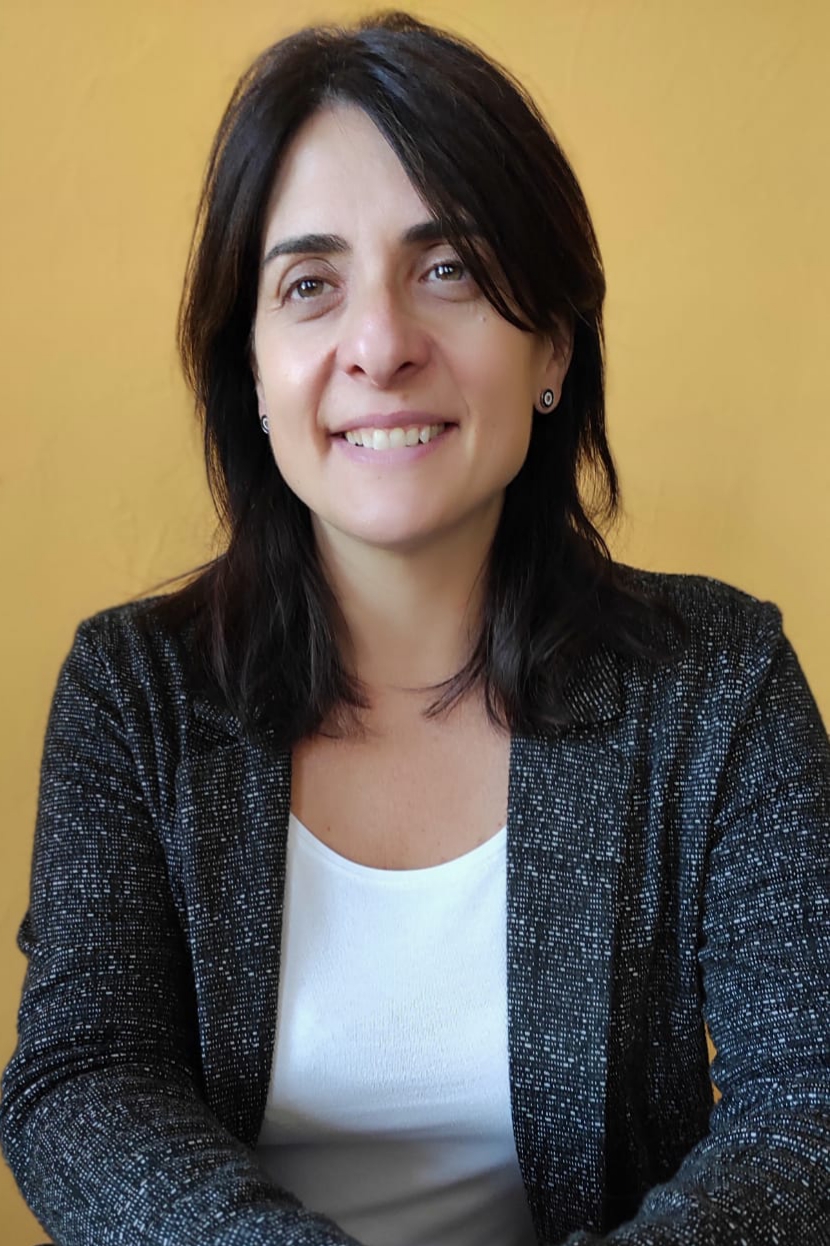Interview | Leading the decarbonisation of Mediterranean healthcare
As part of HCWH Europe’s project Low-carbon Healthcare in the Mediterranean region, we developed a new toolkit with our GGHH members to support the scaling up of decarbonisation in healthcare. Now available in Spanish, Italian, Greek, and Portuguese via the GGHH Connect platform, the toolkit can be used across European healthcare.
 As one of four hospitals critical to the development of the toolkit, Lluís Alcanyís Hospital in Xàtiva, Spain, has set itself apart as a leader in low-carbon healthcare within the region. We spoke to María José Mora, their Research and Innovation Project Manager, about the hospital’s experience piloting the toolkit.
As one of four hospitals critical to the development of the toolkit, Lluís Alcanyís Hospital in Xàtiva, Spain, has set itself apart as a leader in low-carbon healthcare within the region. We spoke to María José Mora, their Research and Innovation Project Manager, about the hospital’s experience piloting the toolkit.
María José says it’s crucial that hospitals take climate action. “Hospitals should avoid causing any kind of environmental impact that harms human health and should set an example to follow for society. Hospitals cannot heal if they are themselves damaging people's health.”
The Lluís Alcanyís Hospital has been a member of the Global Green and Healthy Hospital (GGHH) network since 2014, but participating in the Low-carbon healthcare in the Mediterranean region project really highlighted their “increasing commitment to sustainability” and gave them the tools to translate that commitment into action.
Through the project, they had access to practical guidance on measuring their carbon footprint and developing a carbon management plan for their hospital. On their current trajectory, they are set to reach net-zero emissions by 2050.
“Awareness of our [climate footprint] has pushed our board and local authorities to take action” - María José Mora, Research and Innovation Project Manager - Lluís Alcanyís Hospital, Spain
“Calculating our carbon footprint has finally made clear the extent to which our hospital contributes to climate change. This awareness of our impact has pushed our board and local authorities to take action, both in the short and long term, to mitigate the emissions caused by Lluis Alcanyís Hospital,” said María José.
Taking climate action is crucial for the Lluís Alcanyís Hospital - situated in Valencia - as the region is already seeing significant impacts from climate change that are damaging the health of the community, she explained. These impacts include air pollution, droughts, floods, and an increased prevalence of tropical diseases.
“Currently, hospitals in Valencia and across Spain are not prepared for these threats, and neither are regional governments”, she emphasised.
That is why hospitals need to advocate for changes both within their institutions and at a national level. “People trust healthcare professionals and those working in hospitals, so whatever is said by them will be taken seriously. Moreover, hospitals are like small towns and have enough power to advocate for change at all levels.”
Although decarbonising the healthcare sector may feel like a steep hill to climb, María José urges hospitals to start small and then “scale up” their initiatives. Quoting John Lennon’s Imagine, she said, “It's easy if you try”.
